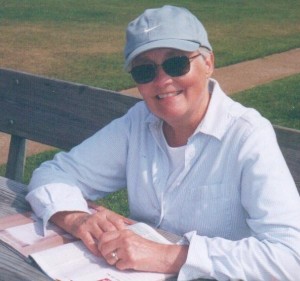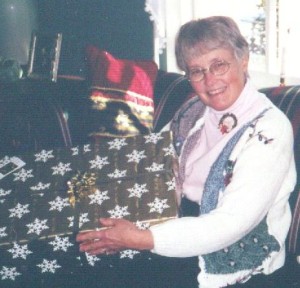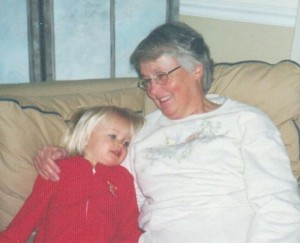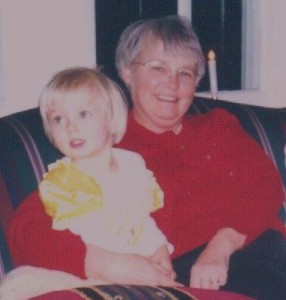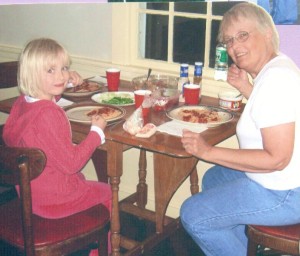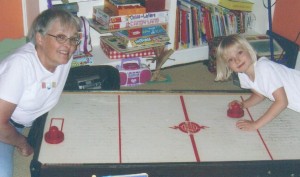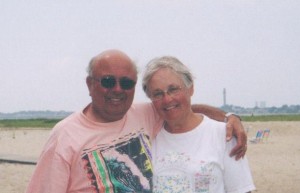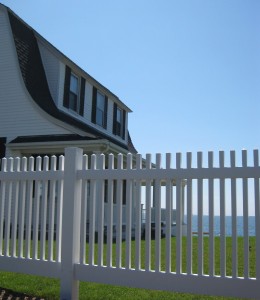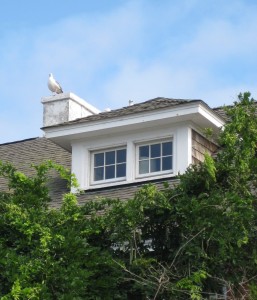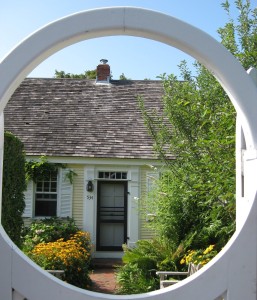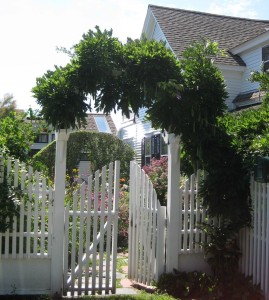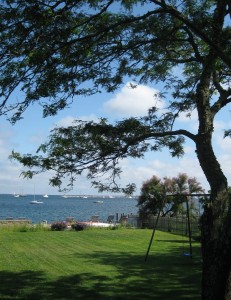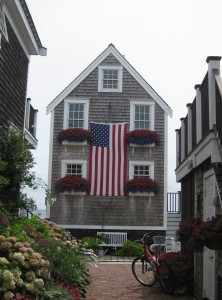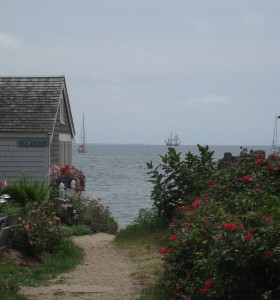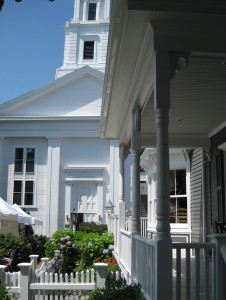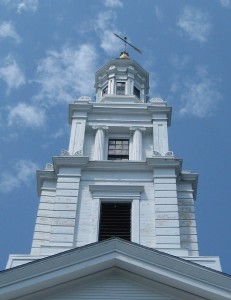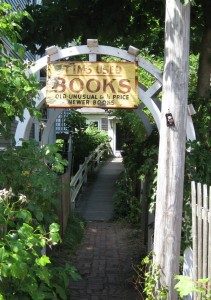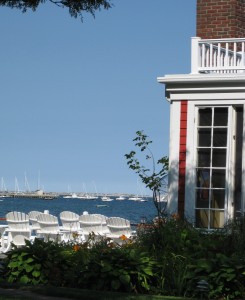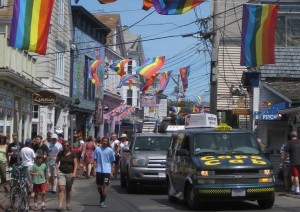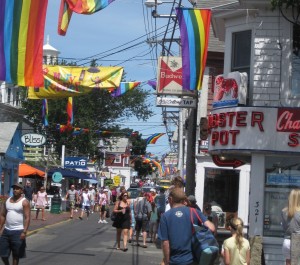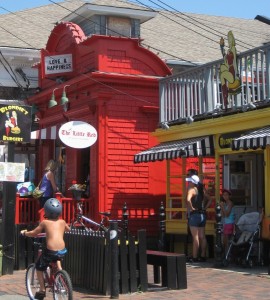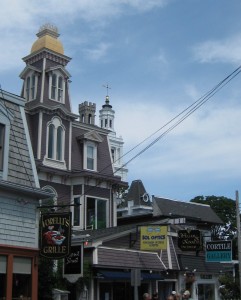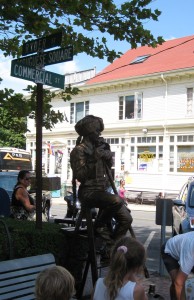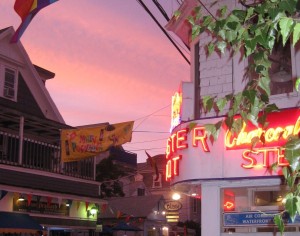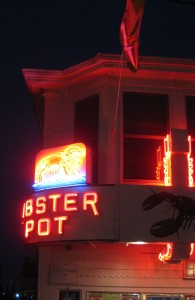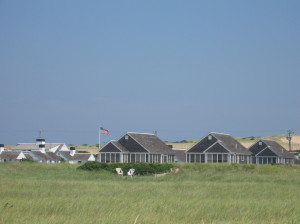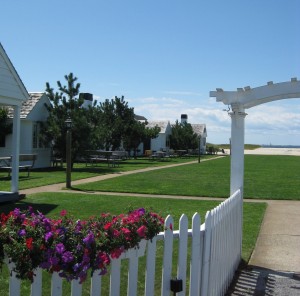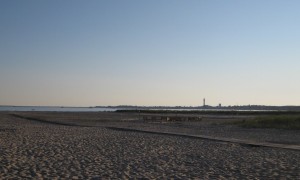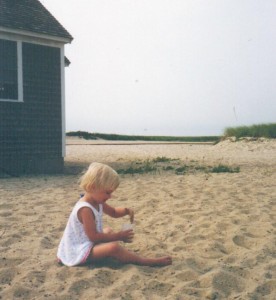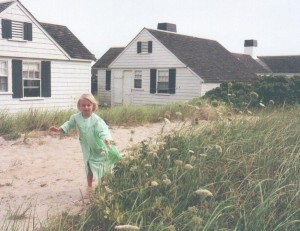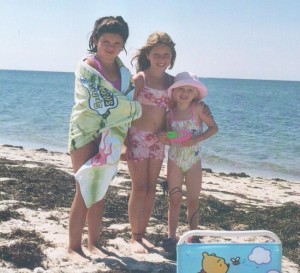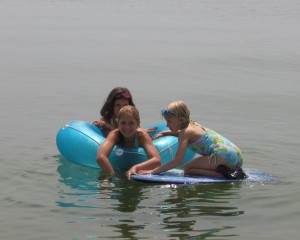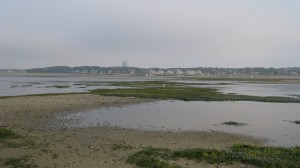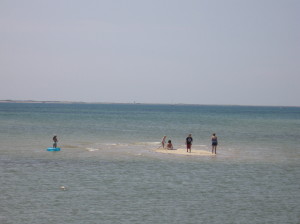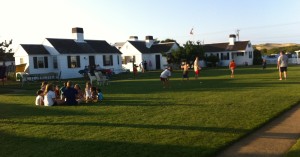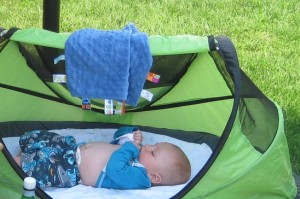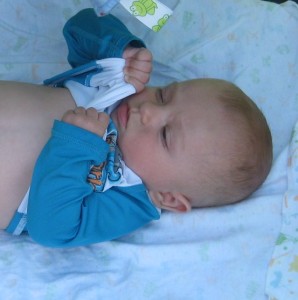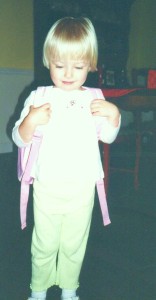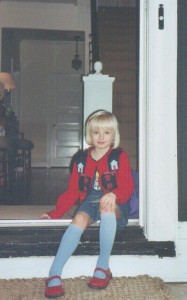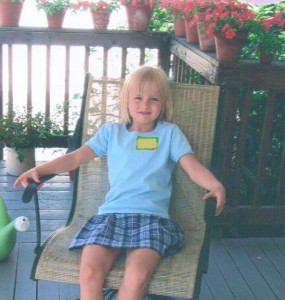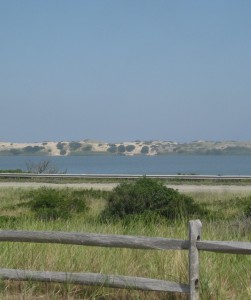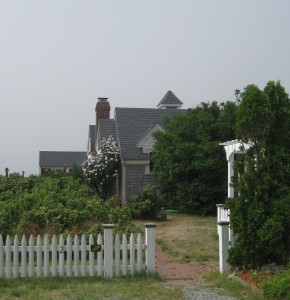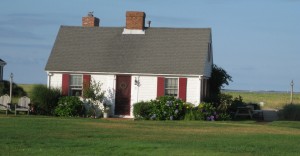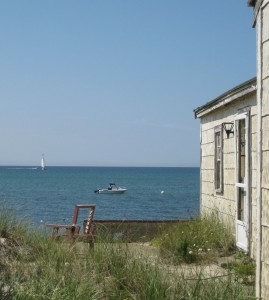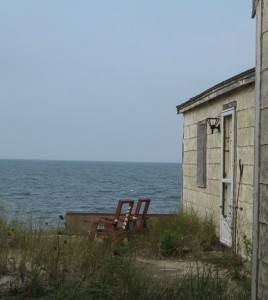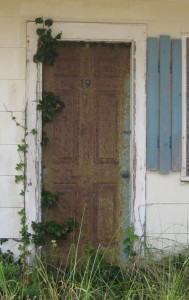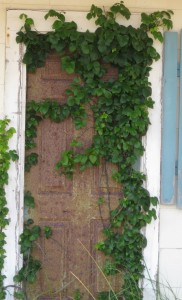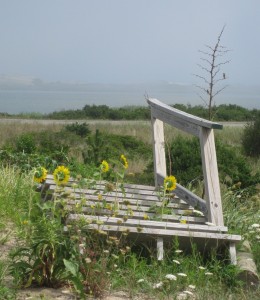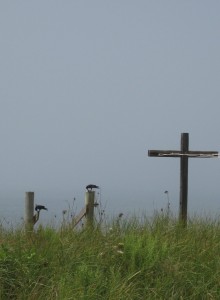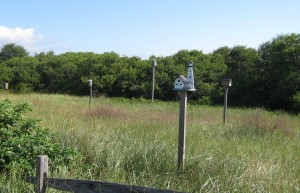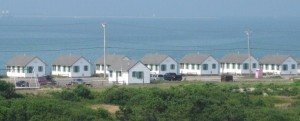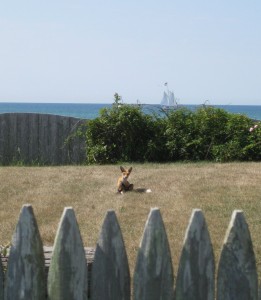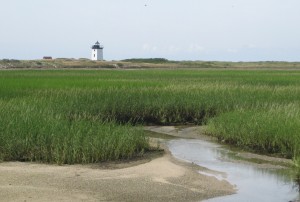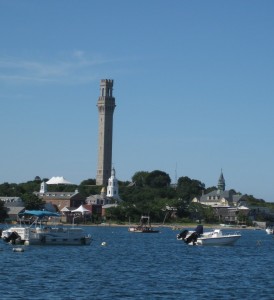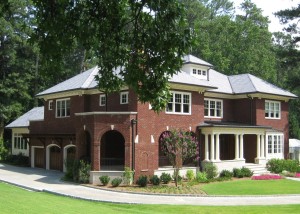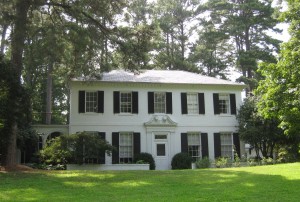I have the perfect mother-in-law. The only down side to this is that I’m unable to participate in the swapping of mother-in-law horror stories. I’ve heard many such accounts, and other than gasps of incredulity, I have nothing to add. I’ve listened in amazement to tales of the mother-in-law who “helps” with the new baby by bellowing orders, complaints, and increasingly outlandish requests from a command center on the family room sofa. I’ve heard about the M.I.L. who, determined to ensure that her son’s house run on her rules or not at all, regards each visit as an opportunity for a hostile takeover. I’ve listened to anecdotes about the M.I.L. whose sensitive temperament is constantly wounded by imagined slights tossed off by a cruel daughter-in-law. And I’ve heard everything in between.
With my mother in law, there is no drama. She is sweet, good, and uncomplicated. She is kind, thoughtful and intelligent. During visits to our home, she asks how she may help. She is not overbearing. She does not insist, but she never offers out of empty politesse. It has taken me a while, but I’ve learned to accept her assistance. I come from what may be a predominately Southern tradition of automatically refusing the first few offers of guests’ help, thereby forcing them to insist or be considered rude. Now, when Grandma* asks if I need help with dinner, I tend to say Yes, please! She is a calm, easy presence, and it’s a pleasure to share the house, and the chores, with her.
Like everyone in H’s family, his mother welcomed me warmly at our first meeting, now over twenty years ago. She has never implied (as some mothers of sons are known to do), that no living woman could be a worthy companion of the god-like boy-child she birthed. She has a deservedly high opinion of H, and she has always treated me as his equal.
H’s mother is a loving grandmother to our daughter and to her other four grandchildren. Gentle and fun, she laughs easily, and she remembers what it was like to a child. I’ve heard about grandparents who cannot be trusted with their own grandchildren. This was never an issue with either set of my daughter’s grandparents, thankfully. When D was nearly three, my husband and I, along with my parents, took a trip to France, leaving our daughter in the care of Grandma and Grandpa. We missed our baby girl terribly, but we had no worries about her welfare, either emotional or physical, during those ten days. We knew she was in devoted and capable hands.
Grandma’s attitude is generally one of meekness, and some might take her for a pushover. This, however, is not the case. When she feels strongly that righteousness is on her side, she is tough, patient and determined to persevere. One year, when H’s windsurfing board went missing in Cape Cod, she summoned Grandpa to accompany her on a walk. With slow, thorough deliberation, she surveyed the property, until she discovered H’s board leaning up against the wall of another cottage way across the green. Thanks to her gracious yet firm intervention, H’s board was soon being carried back to its rightful place by those who, no doubt, had removed it.
Our daughter with Grandma at Cape Cod. In D’s younger years, she always urged H and me to go out for date night during our vacation, so she could enjoy a full evening of food and fun with Grandma and Grandpa.
Grandma is always ready for a game with a grandhild, whether it’s air hockey, Chinese Checkers, Candyland or Chutes & Ladders.
Grandpa is a lucky man, and he knows it. He has Grandma by his side, no matter what. During their long marriage they’ve had their share of hell and high water, in addition to many joys. They are a formidable team, and together, with their strong faith in God’s love and grace, they know they can weather any storm. Grandma has a gift for finding and sharing that kernel of sweetness within the tough husk of the bad.
Thank you, Grandma, for enriching the lives of all those you touch. Happy Birthday, and many more to follow!
*I address my mother-in-law by her first name, which is an unusual, very pretty name. It suits her. But here, I will refer to her as Grandma. When I wrote about H’s father, her husband, I referred to him as Grandpa (June 2012), so I’ll be consistent.

